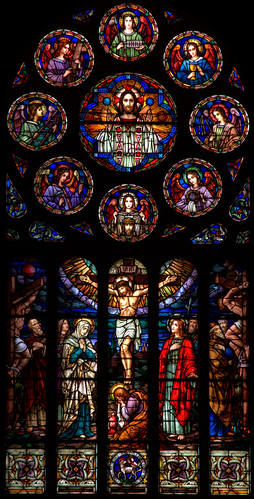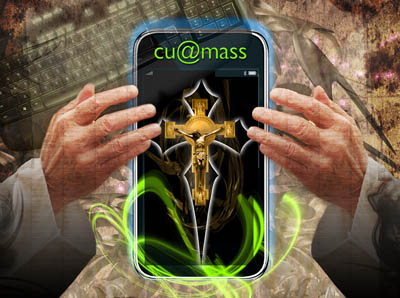I recently read a blog post titled 'Freedom from Choice' from the Red Sweater Blog (a blog by Daniel Jalkut, a Mac programmer) with great interest, considering the subject matter (Steve Jobs, computing, and free/open source software). In the post, Daniel speaks about how Steve Jobs' decisions to restrict certain 'freedoms' on the iOS and Mac platforms has helped Macs, iPhones, and iPads become more focused and consumer-friendly devices.
The reason for this is that the user no longer has to worry about making a thousand decisions to accomplish a simple task.
Daniel said that Richard Stallman, a staunch 'everything must be free' software programer, "paints Jobs as a robber of freedoms, first and foremost, while neglecting to acknowledge the many liberties he brought, for example to those of us who can’t, or don’t want to build our own computing infrastructures."
This is readily apparent and admitted by those in the computing world who realize that giving people a command line/terminal and telling them to go to town is a very bad idea. Most people I know would (and do) quickly ruin their computers because of the level of control they have over them. How many people do you know have laptops that are always locking up, shutting down, or messing up due to software people installed on them, additions people made, or simply the little things people have done to their computers for the sake of making them 'their own'. (It's the same with many Android phones, in my experience...).
Is it not the same in our personal lives, in the realm of morals and faith? Everyone subscribes to some moral system or faith/religion (whether it's formalized or not), and some people (like me) choose to belong to a faith (Catholicism) which helps us make the decisions that will help us be better humans, free of the 'malware' and ailments that eat at our souls and self-images.

 The St. Louis Review published a 'Living Our Faith' section on
The St. Louis Review published a 'Living Our Faith' section on